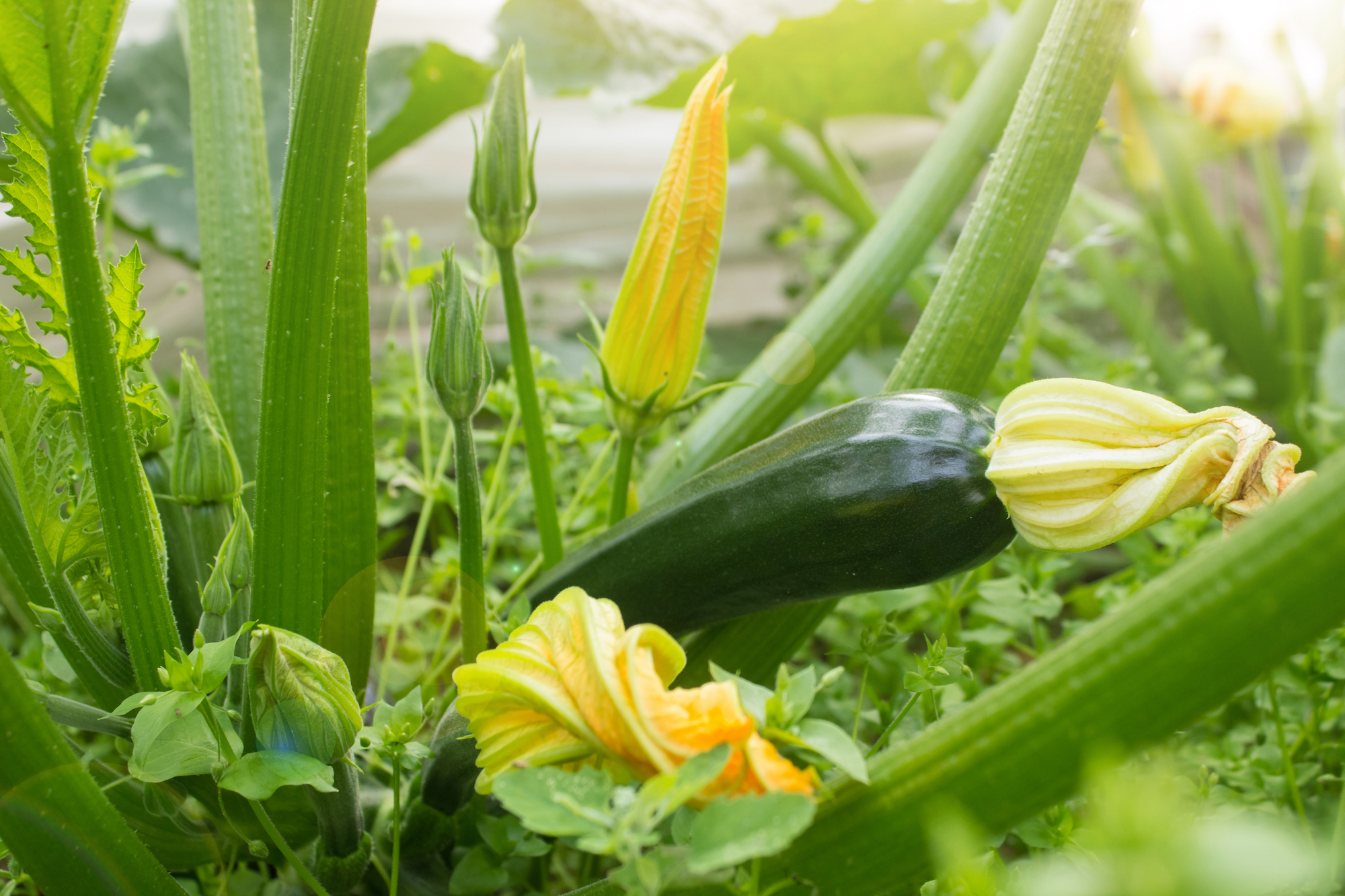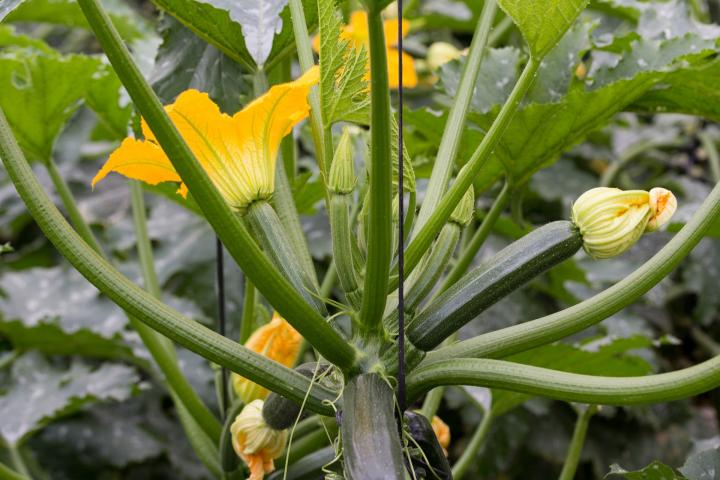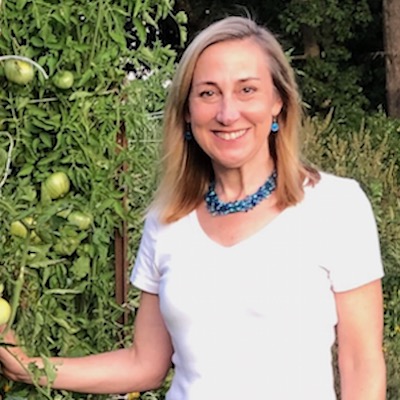
Planting, Growing, and Harvesting Zucchini & Summer Squash
Read Next
Types
- ‘Cashflow’: cylindrical zucchini type
- ‘Cocozella (di Napoli)’: zucchini heirloom; dark green, slender
- ‘Goldbar’: yellow summer squash
- ‘Horn of Plenty’: yellow crookneck type
- ‘Sunburst’: pattypan/scallop type
- ‘Tigress’: zucchini type
Gardening Products
Cooking Notes
- Zucchini can be overwhelming once it starts producing. While zucchini bread is great, there are many other ways to enjoy this summer squash! See our Best Zucchini Recipes.
- Squash flowers are edible and make a tasty treat when fried in a light batter.
More Like This
Dear Donna,
From what you describe, two things come to mind. If you had a hot spell in Bonney Lake earlier in the summer, that can discourage female flower growth. Poor pollination by bees is also a common issue. Squash flowers will not bear fruit or bear only small fruit if not pollinated. To fruit, pollen from the male flowers must be transferred to the female flowers by bees—or by the gardener. Pollinate the female flowers manually with a cotton swab or add plants that attract bees near the squash. See our article on how to hand pollinate your squash blossoms for better yields.
—The Editors
Hi Lois. Thanks for writing in!
There are a number of factors that can be affecting your plants' growth. Growing zucchinis in containers can be tricky because they are more dependent on you for nutrients, especially calcium, which is needed for fruit production.
Small fruit can also be a sign of poor pollination, drought stress, or lack of sunlight. It is important to have pollinator attracting plants near your zucchinis for best pollination. Zucchinis need at least an inch of water each week and it is even more important to be mindful of watering practices when growing in containers. Zucchinis also need 6 to 8 hours of direct sunlight each day. You can also certainly add some organic matter to the existing soil.
Blossom end rot is also a possibility, but in those cases the fruit typically shrivels and rots in a short amount of time. Hope this helps!
Zucchini isn't normally planted in a container but you can do it if you buy the right seeds. Look for 'compact' or 'container' types. Plant 2 seeds in 14-inch pots or planters. Once they germinate, you'll remove the weaker one. You'll certainly need to look into watering and fertilizer if growing in a container since the plant will rely on you versus mother nature for food.
- « Previous
- 1
- 2
- …
- 10
- Next »












Comments